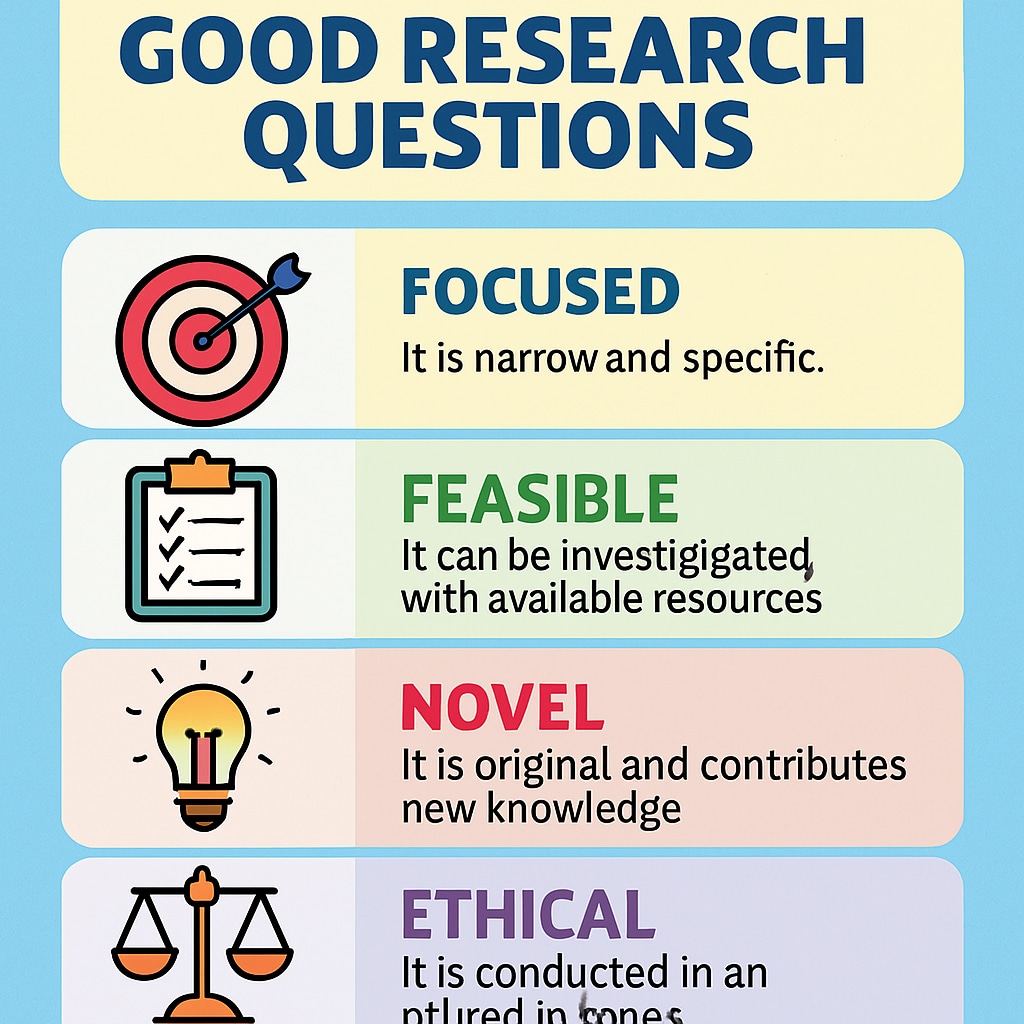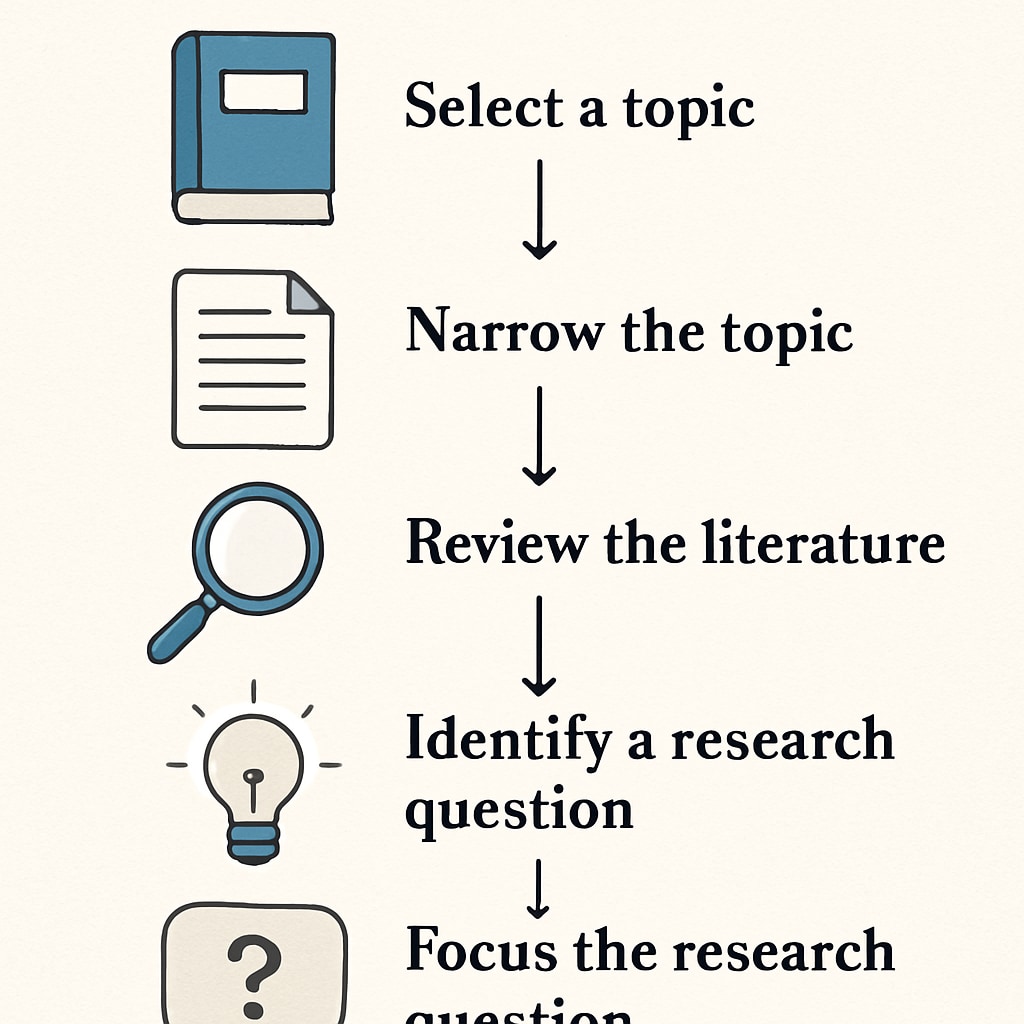Developing proper research questions, formulation methods, and academic consulting approaches forms the foundation of meaningful student investigations in K12 education. Unlike simple factual queries, well-constructed research questions guide comprehensive learning journeys while developing critical thinking skills. According to Wikipedia’s research question overview, effective inquiries should be “clear, focused, and complex enough to sustain investigation.”
The Five Essential Qualities of Strong Research Questions
Educational research identifies these key characteristics for productive academic inquiries:
- Relevance: Connects to curriculum standards or student interests
- Clarity: Uses precise language without ambiguity
- Investigate-ability: Answerable through available research methods
- Complexity: Requires analysis beyond yes/no responses
- Originality: Explores under-examined aspects of a topic

Three-Phase Question Development Process
The research methods literature suggests this structured approach:
- Exploration: Brainstorm broad topics through mind mapping or discussion
- Refinement: Narrow focus using the “5 Ws” (who, what, when, where, why)
- Formulation: Craft the final question using academic language patterns

Practical Classroom Implementation
Teachers can scaffold this skill through:
- Modeling the thought process with think-aloud strategies
- Providing question stems and templates
- Using peer feedback sessions with evaluation rubrics
- Gradually increasing complexity across grade levels
For example, elementary students might examine “How do different liquids affect plant growth?” while high schoolers could investigate “What socioeconomic factors influence urban tree canopy coverage?” This progression builds research competencies systematically.
By mastering inquiry formulation techniques, educators empower students to conduct meaningful investigations that develop both content knowledge and critical thinking abilities – essential skills for 21st century learning.


